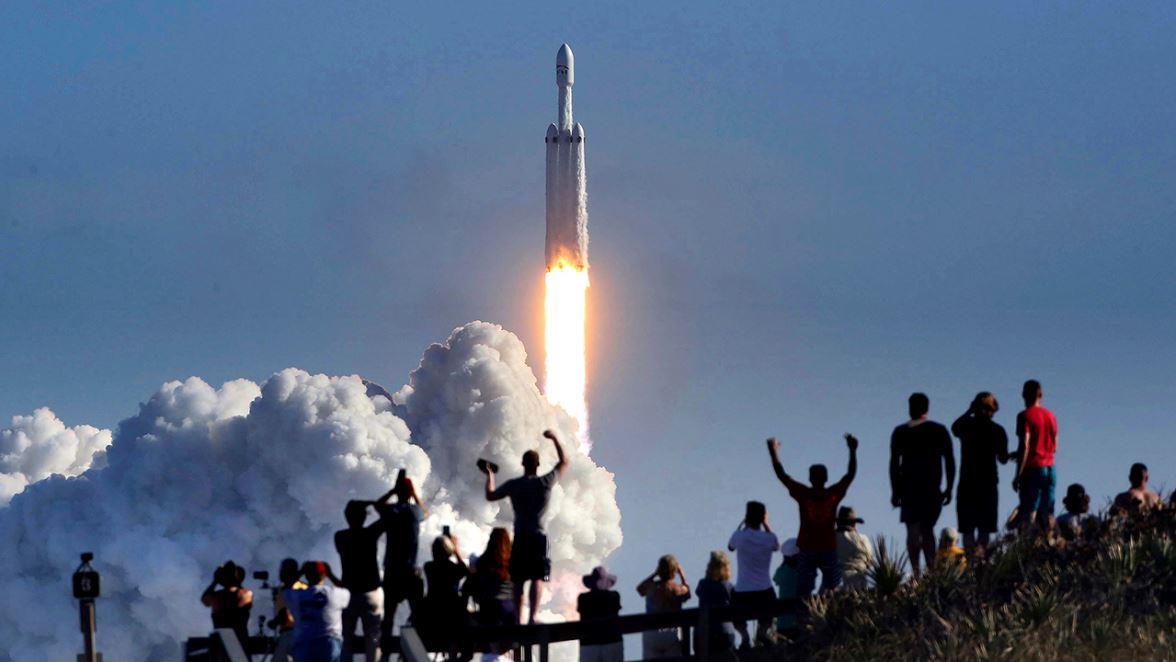NASA chief 'concerned' about House bill that would delay moon landing
The bill would rearrange the agency's space exploration goals
NASA chief Jim Bridenstine raised concerns this week about a bill in the House of Representatives that would reprioritize part of the agency’s space exploration goals.
The bill, scheduled for mark-up in a House subcommittee this week, would delay the agency’s plans of sending a crewed mission to the moon until 2028 and place a larger emphasis on visiting Mars by 2033.
“I am concerned that the bill imposes some significant constraints on our approach to lunar exploration,” Bridenstine wrote in a statement. “We do think that the bill’s concerns for limiting activities on the Moon could be counterproductive.”
NASA’S NEW INVESTMENT STRATEGY: HIGH RISK, HIGH REWARD
NASA is currently working on a Human Landing System for its Artemis to deliver humans to the lunar surface by 2024, and has sought proposals from private companies. However, the bill would require that NASA have “full ownership” of the spacecraft, diminishing private sector collaboration opportunities.
SPACE COMPANIES GET TIGHT DEADLINE FROM NASA FOR LUNAR LANDER DESIGNS
Bridenstine said that constraint would “significantly” diminish the “chances of creating a sustainable space exploration program.”
The bill directs NASA to use its lunar mission as a jumping point for the “goal” of Mars exploration. Consequently, it would establish that the agency’s plan to build a lunar outpost is not part of the mission, and would need separate appropriations.
The exploration of Mars is “a very challenging goal both technically and from a resource perspective,” Bridenstine added.
TRUMP SEEKS $1.6B INCREASE FOR NASA'S ARTEMIS PROGRAM TO LAND FIRST WOMAN ON MOON BY 2024
The bill would authorize appropriations for fiscal year 2020 of $22.6 billion, including $6 billion for exploration. It is likely to be modified before it leaves the committee.
Trump signed an initiative directing NASA to send astronauts back to the moon in December 2017, on the 45th anniversary of Apollo 17. Vice President Mike Pence gave the agency the 2024 deadline in March of last year. The agency had previously planned to return to the lunar surface in 2028.
Last May, the White House detailed its intention to increase NASA’s budget by $1.6 billion to pave the way for the lunar mission.




















